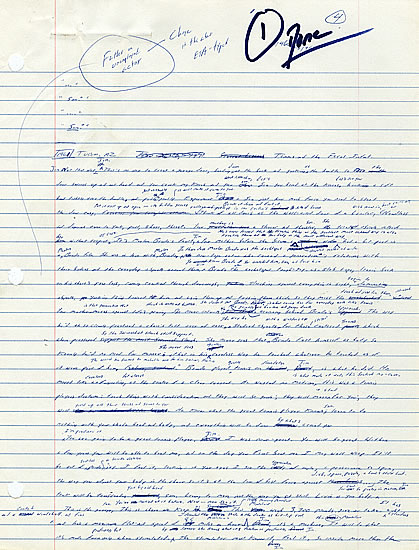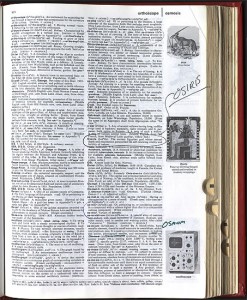It might be my own childhood stammer–which, since these things never fully go away, creeps into my mid-adulthood–but I’ve always believed there is a deeply ingrained connection between writing and stammering. Not every stammerer grows up to become a writer, but certainly there has to be a link between the agonizing isolation of the stutterer and the self-inflicted exile of the writer, right? In my own case, I guess my stutter placed special emphasis on language and the making of language. What I couldn’t say out loud I could write, silently, in my own head, and, later, on paper, in glorious, fluent blocks of prose. Or so I thought at the time.
Stammers never fully go away, of course, and there are times I find myself unable to speak–and then, when I do, it all rushes out in muddled, mile-a-minute, nonsensical bursts. Similarly, there are times I feel like I am unable to write, or rather, I write and write and then rewrite and rewrite and rewrite until the prose is entirely different, if not necessarily better. At times, this leads to clarity; other times, confusion. There are so many ways to say the most simple feeling, emotion, thought, anxiety. This is the agony of the stammerer. How best to say it?
Among contemporary novelists, there are a few great former-stammerers–David Foster Wallace comes to mind–and I’m sure there are a fair number of dissertations that will be written on DFW’s speech impediment and the labyrinthine hesitancy of his prose. But among living novelist-stammerers, none, I think, are as consumed with language and the fracturing of language as David Mitchell.
For the record-keepers out there, other notable writer-stammerers include:
- Lewis Carroll
- Machado de Assis
- Henry James
- Margaret Drabble
- William Somerset Maugham
- Edward Hoagland
- John Updike
- David Foster Wallace





